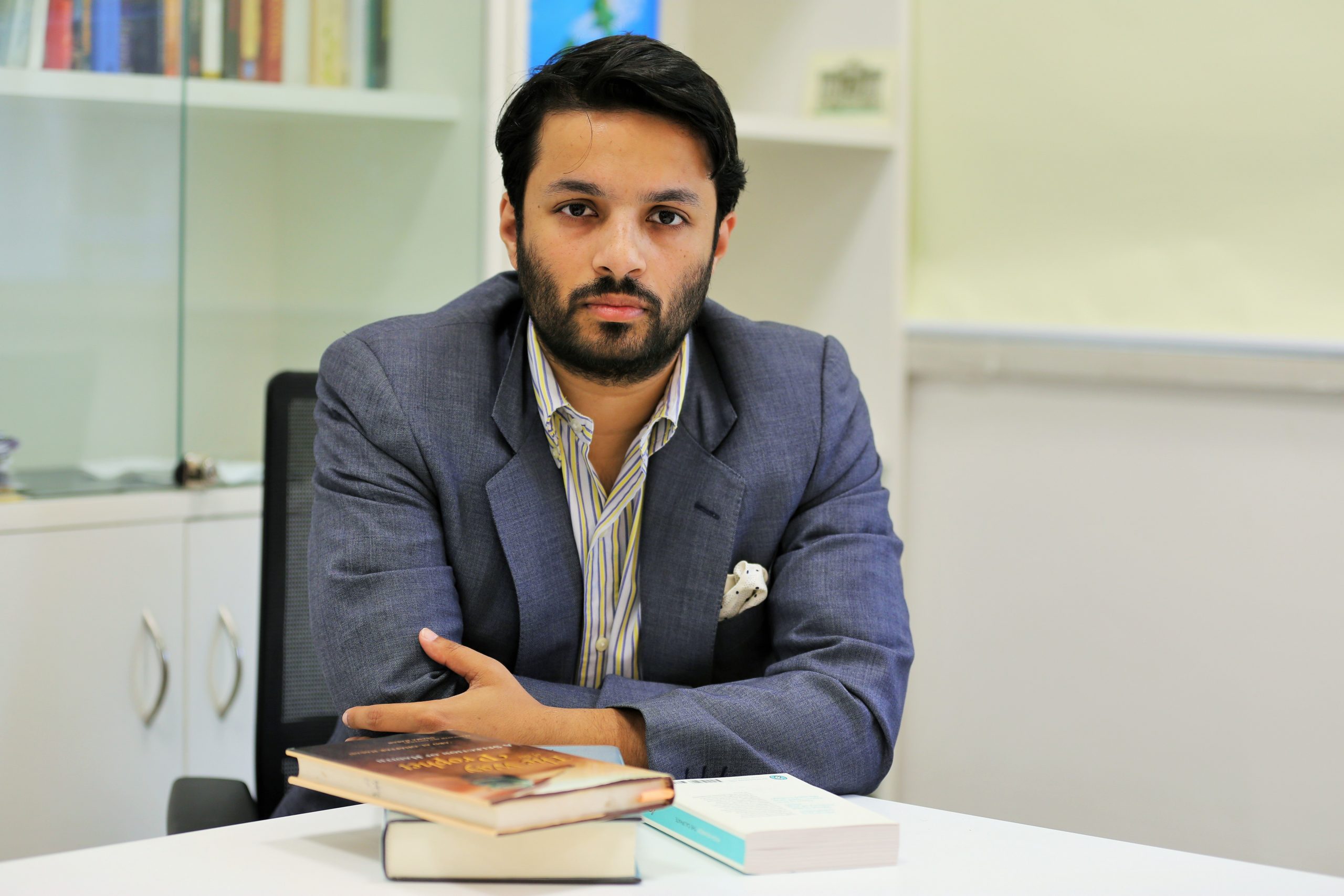One of the most pressing and widely misunderstood global issues is that of Shi-a-Sunni differences. The terms Shi-a and Sunni are approached as stable and homogenous theological, and therefore historical, categories. Given the current geo-political and social context of the Muslim world in general and the Middle East and South Asia in particular it is necessary to analyse both these categories historically as well as place them in a context that avoids the gross oversimplifications and generalisations that are common not only in the world of international relations and the media but often also in academia.
The research project will seek to locate and analyse Shi-a-Sunni polemics as well as points of convergence over the course of 100 years from about 1850-1950. While focusing on the South Asian context, inevitably this kind of work will also engage with the networks with the wider Muslim world and in particular the Middle East. Throughout our time period there were intellectual, social and religious exchanges between the -ulama, scholars, journalists and poets. For instance, seminaries in pre-partition North India, like the Nadwatul Ulama and Deoband, were receiving newspapers and magazines printed in Egypt and Lebanon.
One of the main outcomes of this study will be to try and establish that Shi-a-Sunni engagements as well as polemics were both firmly rooted not only in their geographic, social and political context but also were framed using a language that reflected these very contexts. In other words the work will seek to illustrate how Shi-a-Sunni discourse not only changed because of the political and social context at the time but was fundamentally affected by the prevalent political language at the time.
For instance in Ahmad al-Amin’s famous 20th century work Dhuhr al-Islam (1945-53) – the third part of a 3 volume history of the Muslim world- the language he uses to critique Shi-ism is one circumscribed by the language of rights, democracy and hierarchy which were in vogue in Europe and had also entered Egyptian intellectual vocabulary at the time. Selections of these writings were then published in magazine form and sent to institutions in India where they were read in the original but also translated.
In Western Punjab, now in Pakistan, anti-Shi-a sentiment was often expressed in terms of class differences as the major landlords and pirs, sometimes embodied in one person, were Shi-a. One of the interesting aspects of Shi-a-Sunni discourse and one, which shall be more fully explored in the research project, is that often the enmity was actually produced by intimacy rather than distance and separation. Thus, it is of note that polemics were often framed by appropriating and using the very symbols and vocabulary, which were sacred and central to the thought of the other.
Not only would this work help in unpacking Shi-ism and Sunnism as epistemological categories in the South Asian context but this would also allow for a richer and fuller understanding of the way in which ideas travel and how the non-religious context effects Shi-a-Sunni discourse as much as theological differences do. Given the increasing sectarian tensions in much of the Muslim world and particularly South Asia, it is hoped that this work will contribute to a more nuanced understanding of Shi-a-Sunni differences and will illustrate how perceived intractable differences are not as homogenous, inflexible and inevitable as they are thought to be.






